Classical CDs Weekly: Haydn, Mahler, Matthew Whiteside | reviews, news & interviews
Classical CDs Weekly: Haydn, Mahler, Matthew Whiteside
Classical CDs Weekly: Haydn, Mahler, Matthew Whiteside
Classical quartets, a fin-de-siècle symphony and new music inspired by particle physics
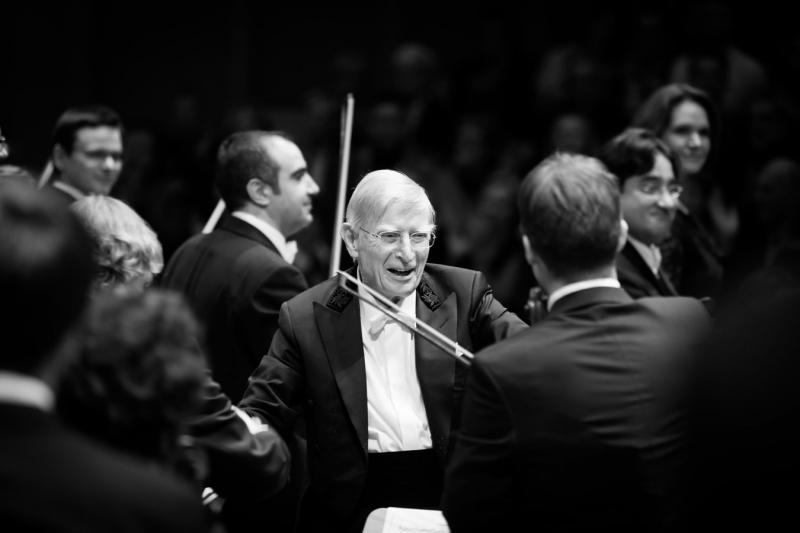
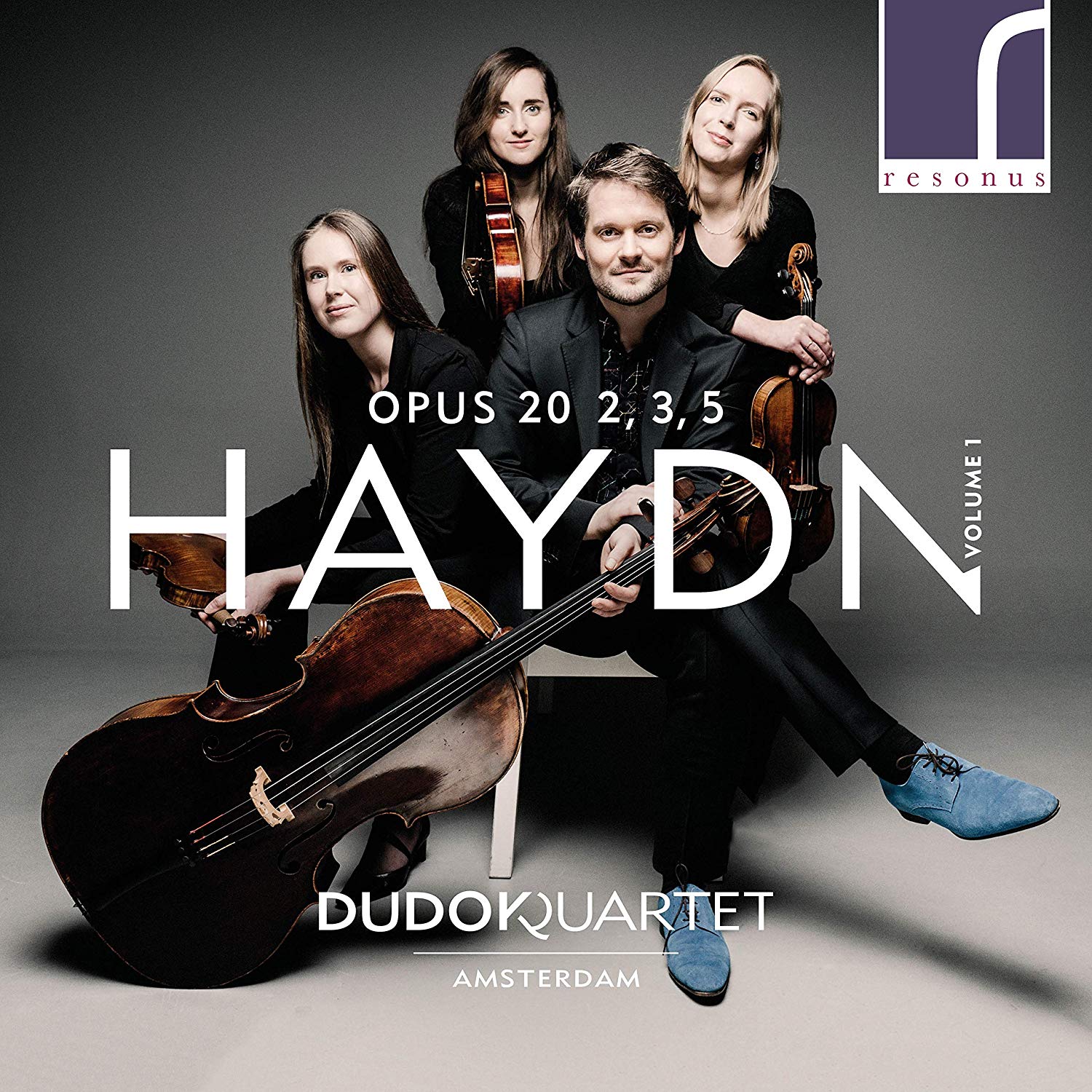 Haydn: Opus 20 String Quartets, Nos 2, 3 & 5 Dudok Quartet Amsterdam (Resonus)
Haydn: Opus 20 String Quartets, Nos 2, 3 & 5 Dudok Quartet Amsterdam (Resonus)
When discussing Haydn’s music it's difficult to avoid using words like ‘elegant’, ‘witty’ and ‘brio’, but I'll do my best. The writer E.T.A Hoffman should shoulder much of the blame for Haydn's typecasting as a simple-minded funster, arguing in 1810 that “his symphonies lead us… to a merry, colourful throng of happy mortals.” Hmm. Two of the three string quartets on this disc are in minor keys. All three are as striking, and as dramatic as anything in the classical chamber repertoire. Exactly what you'd expect from a composer who virtually invented the quartet genre, a medium compared by Goethe to hearing four rational people conversing. Yes, the first violin gets the lion’s share of the best lines, but one of the lasting pleasures of this recording from the Dudok Quartet of Amsterdam is how well the musical argument is spread between the players. Violinist Judith van Driel is commanding enough when necessary, but the most memorable moments are all about dialogue and reconciliation. There's a striking passage near the end of Op. 20, No. 3, where van Driel threatens to go off at a tangent, before being brought back to earth by her peers.
It's the combination of melodic richness and technical mastery that makes Haydn's quartets so rewarding. The fugues which end Nos. 2 and 5 are dazzling here, the F minor quartet’s last minor chord particularly satisfying. One's ears are continually tickled by unexpected chord progressions or changes of tone. Try the slow movement of No. 2, its stern opening framing florid violin and cello solos. Listing every choice moment would exceed my word count: easier to say that these are glorious performances, beautifully recorded and produced. Four rational people, conversing with eloquence, intelligence and absolutely no shouting. What could be better?
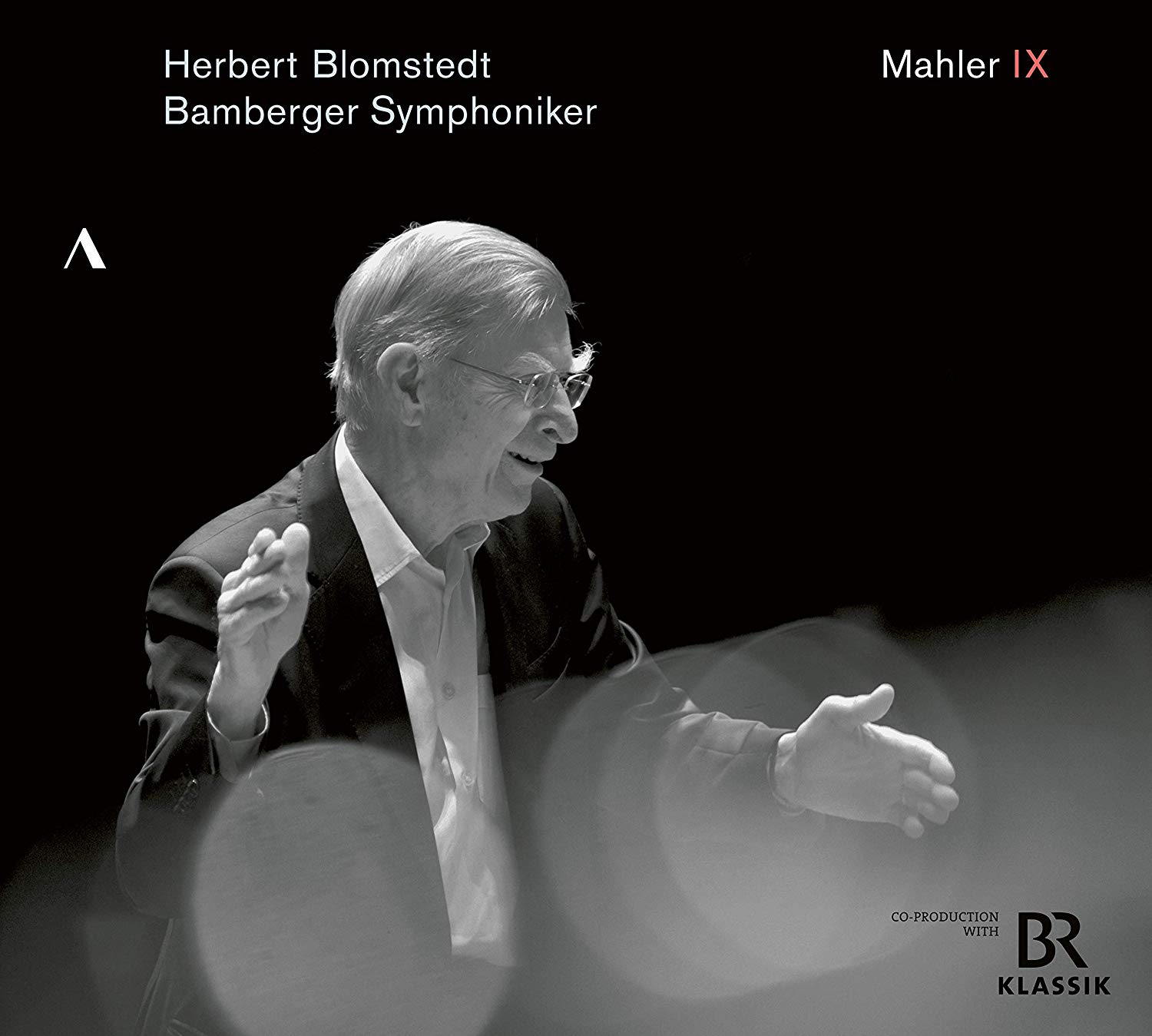 Mahler: Symphony No 9 Bamberger Symphoniker/Herbert Blomstedt (Accentus)
Mahler: Symphony No 9 Bamberger Symphoniker/Herbert Blomstedt (Accentus)
There's a telling throwaway comment in this covetable set’s booklet, the nonagenarian Herbert Blomstedt praising his Bamberg musicians and the city itself: “... the players are very lovely people… It's something to do with the city. You don't need such sharp elbows, like in a metropolis.” This wonderfully played live Mahler 9 from June 2018 doesn't lack teeth, but there's a warmth and generosity to Blomstedt's approach which won me over. The first movement’s seeds are sown in the opening bars, Blomstedt's attention to detail and structural sense making all that follows seem inevitable. There's a lot of love, a lot of affection in this reading. The huge collapse 20 minutes in isn't the angriest on disc, more temporary setback than fatal blow, but it makes the movement’s tender coda that much more affecting. There's plenty of zest in the fast middle movements, the Ländler’s different tempi nicely differentiated and ending with a very droll payoff (horns and contrabassoon acquitting themselves brilliantly). The idyll at the heart of the "Rondo-Burleske" is delectable, though Blomstedt whips up a storm in the final bars.
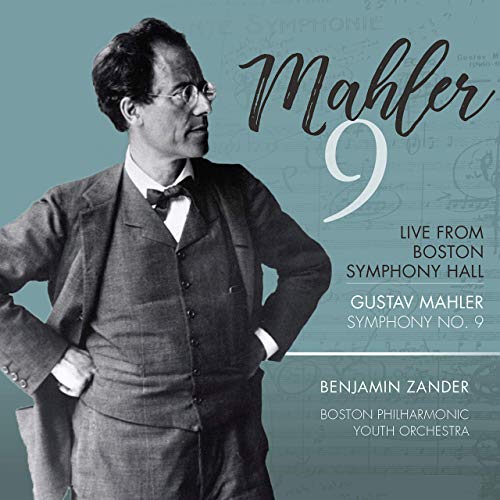 And Mahler's long, valedictory Adagio sounds more like a hymn of thanks than a maudlin farewell, reminding us that this wasn't the composer's last will and testament. Upper strings are flawless, the final minutes as potent as they are in Abbado’s Lucerne performance, available on DVD. Accentus's sound glows, and all the players are name checked in the booklet. Wonderful, then, and I'd also give an unqualified thumbs up to another, very different live performance from Benjamin Zander’s implausibly well-drilled Boston Philharmonic Youth Orchestra. More volatile and unpredictable, the players’ energy is totally convincing.
And Mahler's long, valedictory Adagio sounds more like a hymn of thanks than a maudlin farewell, reminding us that this wasn't the composer's last will and testament. Upper strings are flawless, the final minutes as potent as they are in Abbado’s Lucerne performance, available on DVD. Accentus's sound glows, and all the players are name checked in the booklet. Wonderful, then, and I'd also give an unqualified thumbs up to another, very different live performance from Benjamin Zander’s implausibly well-drilled Boston Philharmonic Youth Orchestra. More volatile and unpredictable, the players’ energy is totally convincing.
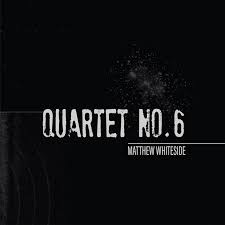
Improbably commissioned by the Institute of Physics, Matthew Whiteside’s String Quartet No 4 carries the subtitle ‘Entangled’ and was inspired by the work of physicist John Stewart Bell. Bell spent many years working at Cern in Geneva, his accomplishments including discovering the existence of quantum entanglement. Which is, simply described, “a physical phenomenon where groups of particles are said to share a state and to influence each other.” Bell died in 1990, photographic proof of quantum entanglement finally achieved in 2013. Bell was also Whiteside's great uncle, and this work, with strings enhanced by electronics, is an engaging tribute. This enjoyably quirky piece succeeds even if you don't know its backstory, though I'd suggest searching on YouTube for a peek at the short film made Marisa Zanotti to accompany the third section, “Spinning”, its grainy footage of a dancing couple nicely matched with Whiteside's hyperactive music. The players collide and cooperate in between bouts of frenzied independence and there's an abrupt, inconclusive close.
Entangled is coupled with Whiteside's two subsequent string quartets, both physics-inspired. No 5’s witty second movement doesn't prepare one for the bleak, microtonal closing section. No 6 was inspired by the sound of wind chimes, Whiteside adding an effective electro-acoustic coda. The Aurea Quartet’s incisive playing adds to the disc's impact, and the recording has impressive depth and immediacy.
Explore topics
Share this article
The future of Arts Journalism
You can stop theartsdesk.com closing!
We urgently need financing to survive. Our fundraising drive has thus far raised £49,000 but we need to reach £100,000 or we will be forced to close. Please contribute here: https://gofund.me/c3f6033d
And if you can forward this information to anyone who might assist, we’d be grateful.

Subscribe to theartsdesk.com
Thank you for continuing to read our work on theartsdesk.com. For unlimited access to every article in its entirety, including our archive of more than 15,000 pieces, we're asking for £5 per month or £40 per year. We feel it's a very good deal, and hope you do too.
To take a subscription now simply click here.
And if you're looking for that extra gift for a friend or family member, why not treat them to a theartsdesk.com gift subscription?
more Classical music
 Bizet in 150th anniversary year: rich and rare French offerings from Palazzetto Bru Zane
Specialists in French romantic music unveil a treasure trove both live and on disc
Bizet in 150th anniversary year: rich and rare French offerings from Palazzetto Bru Zane
Specialists in French romantic music unveil a treasure trove both live and on disc
 Scottish Chamber Orchestra, Ibragimova, Queen’s Hall, Edinburgh review - rarities, novelties and drumrolls
A pity the SCO didn't pick a better showcase for a shining guest artist
Scottish Chamber Orchestra, Ibragimova, Queen’s Hall, Edinburgh review - rarities, novelties and drumrolls
A pity the SCO didn't pick a better showcase for a shining guest artist
 Kilsby, Parkes, Sinfonia of London, Wilson, Barbican review - string things zing and sing in expert hands
British masterpieces for strings plus other-worldly tenor and horn - and a muscular rarity
Kilsby, Parkes, Sinfonia of London, Wilson, Barbican review - string things zing and sing in expert hands
British masterpieces for strings plus other-worldly tenor and horn - and a muscular rarity
 From Historical to Hip-Hop, Classically Black Music Festival, Kings Place review - a cluster of impressive stars for the future
From quasi-Mozartian elegance to the gritty humour of a kitchen inspection
From Historical to Hip-Hop, Classically Black Music Festival, Kings Place review - a cluster of impressive stars for the future
From quasi-Mozartian elegance to the gritty humour of a kitchen inspection
 Shibe, LSO, Adès, Barbican review - gaudy and glorious new music alongside serene Sibelius
Adès’s passion makes persuasive case for the music he loves, both new and old
Shibe, LSO, Adès, Barbican review - gaudy and glorious new music alongside serene Sibelius
Adès’s passion makes persuasive case for the music he loves, both new and old
 Anja Mittermüller, Richard Fu, Wigmore Hall review - a glorious hall debut
The Austrian mezzo shines - at the age of 22
Anja Mittermüller, Richard Fu, Wigmore Hall review - a glorious hall debut
The Austrian mezzo shines - at the age of 22
 First Person: clarinettist Oliver Pashley on the new horizons of The Hermes Experiment's latest album
Compositions by members of this unusual quartet feature for the first time
First Person: clarinettist Oliver Pashley on the new horizons of The Hermes Experiment's latest album
Compositions by members of this unusual quartet feature for the first time
 Gesualdo Passione, Les Arts Florissants, Amala Dior Company, Barbican review - inspired collaboration excavates the music's humanity
At times it was like watching an anarchic religious procession
Gesualdo Passione, Les Arts Florissants, Amala Dior Company, Barbican review - inspired collaboration excavates the music's humanity
At times it was like watching an anarchic religious procession
 Classical CDs: Camels, concrete and cabaret
An influential American composer's 90th birthday box, plus British piano concertos and a father-and-son duo
Classical CDs: Camels, concrete and cabaret
An influential American composer's 90th birthday box, plus British piano concertos and a father-and-son duo
 Cockerham, Manchester Camerata, Sheen, Martin Harris Centre, Manchester review - re-enacting the dawn of modernism
Two UK premieres added to three miniatures from a seminal event of January 1914
Cockerham, Manchester Camerata, Sheen, Martin Harris Centre, Manchester review - re-enacting the dawn of modernism
Two UK premieres added to three miniatures from a seminal event of January 1914
 Kempf, Brno Philharmonic, Davies, Bridgewater Hall, Manchester review - European tradition meets American jazz
Bouncing Czechs enjoy their Gershwin and Brubeck alongside Janáček and Dvořák
Kempf, Brno Philharmonic, Davies, Bridgewater Hall, Manchester review - European tradition meets American jazz
Bouncing Czechs enjoy their Gershwin and Brubeck alongside Janáček and Dvořák
 Solomon, OAE, Butt, QEH review - daft Biblical whitewashing with great choruses
Even a top soprano and mezzo can’t make this Handel paean wholly convincing
Solomon, OAE, Butt, QEH review - daft Biblical whitewashing with great choruses
Even a top soprano and mezzo can’t make this Handel paean wholly convincing

Add comment